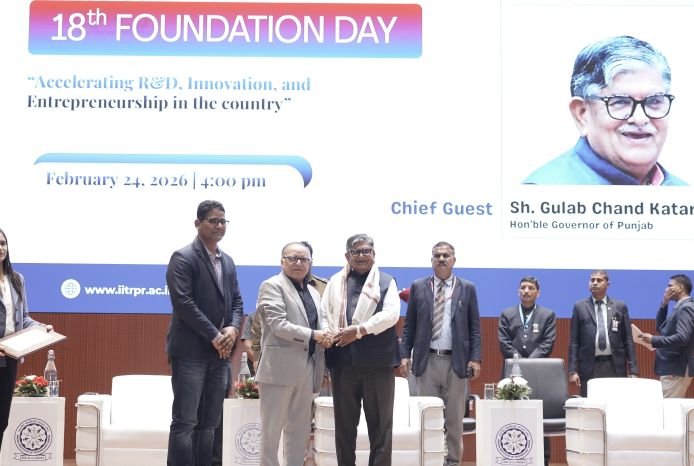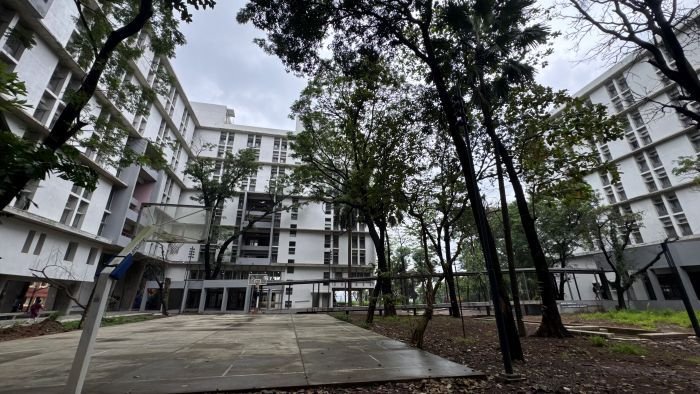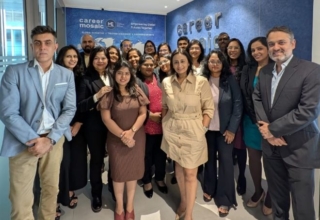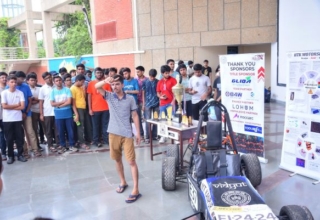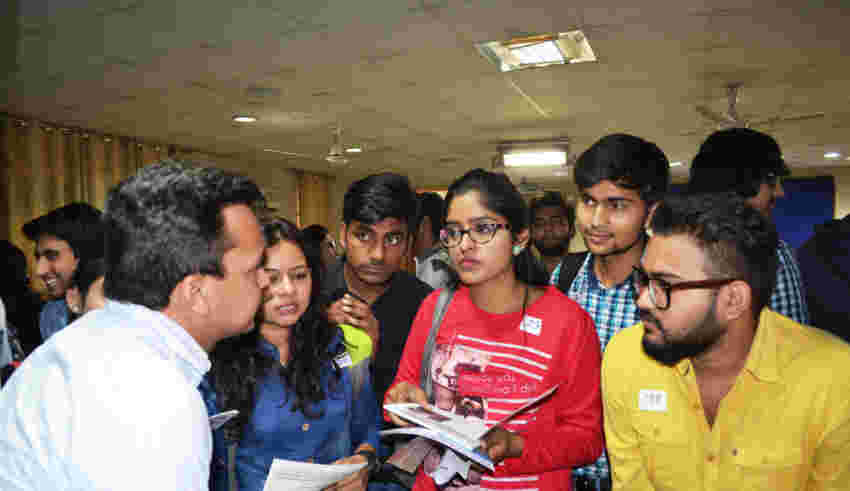
By Karunn Kandoi, Head of Business Operations, ApplyBoard India
The strong education systems in Indian Tier-I cities have fuelled the meteoric rise of the Indian study abroad market over the past decade. Major metros such as Delhi and Mumbai have sent tens of thousands of students to study in destinations like the US, the UK, Canada, and Australia.
At the same time, India’s Tier-II and Tier-III cities have emerged as some of the fastest-growing in the world, with young populations and a burgeoning middle class. But their education systems, though evolving, are not yet where they need to be.
Further, the gap between the skills set of job seekers and the requirements of an organization continues to be a matter of concern. While employers are grappling to handle the top challenge of finding and keeping high calibre employees, graduates have little understanding of how they can translate their academic achievements into a successful career. A recent study conducted by McKinsey & Company across nine countries revealed that only 42 percent of employers find new hires ready for work.
As demand for high-quality education across the country continues to grow, there is the need to meet that demand with the resources students need to be successful. Here are some key challenges delivering top educational outcomes in Tier-II cities right now.
- Low availability of quality test prep centers– While Tier-I cities are dotted with test prep centres, some Tier-II cities have very few, leading to long wait times and frustrated students. A recent KPMG report pointed to this trend and the need for online options within Tier-II cities. A number of apps now provide test prep opportunities, but students overwhelmingly prefer in-person delivery, and research has found that in-person test prep delivers better outcomes.
- Dependence on counsellors – Counsellors provide an essential service to students looking to study abroad and in tier 1 cities, there are thousands of these professionals to help students on their study abroad journey. But the experience and exposure of counsellors in Tier-II cities is often limited to specific countries and schools, limiting their students’ opportunities.
- Strict focus on the domestic market – Many schools in Tier-II cities remain focused on domestic entrance exams and admission prep even as economic opportunities have become available globally for students. These schools need to be made aware of global opportunities and how to support students looking to study abroad.
- Affordability – The COVID-19 economic downturn has hit Tier-II cities particularly hard, making education less affordable in these areas. As evidence of this, ApplyBoard and the international study abroad sector saw a significant drop in undergraduate enrolments in 2020. While we can expect affordability to improve as we move beyond COVID, it’s important for education stakeholders to keep financial considerations top of mind.
These challenges are also producing positive opportunities, and there are some extremely positive signs for long-term educational outcomes in Tier-II cities as well.
- Rising quality of schools and education infrastructure – Education facilities continue to improve across India, including in Tier-II and Tier-III cities. Key cities such as Jaipur and Nagpur are emerging as education hubs, and improved internet access in general is better equipping students to study abroad.
- Availability of online recruitment platforms – As mentioned previously from the KPMG report “Online Education in India: 2021”, many start-ups are coming up with innovative ideas to simplify the study abroad journey by connecting students, counsellors, and schools on a single, integrated online platform. This includes testing, program research, visa applications, and more.
No matter where they are in the world, students can use these platforms to find programs and institutions that match their interests and qualifications. Rather than waiting for school reps to come to them, students living in Tier-II cities can discover the best fit themselves online with the help of their counsellors.
Urgent Need for Strategic Educational Curriculum
The need to have project-based learning and internship as a part, of course, is more important than ever. In a world that has increasingly emphasised and signalled the need for skilled and job ready graduates, it would be a catastrophic failure to not celebrate the value of learning that can and should enhance work opportunity and narrow the skills gap.
The India Skills Report 2020 brings together the readiness of our present talent pool for new-age job types and highlights the prevalent gaps. Employability of Indian youth has remained stagnant for the past three years, revolving around 46% of participants who are job ready. This implies that there is a need for more robust actions. Further, according to a recent study by the Global Business Coalition for Education (GBC-Education), United Nations Children’s Fund (UNICEF) and the Education Commission, more than 50% of Indian youth is not on track to have the education and skills necessary for employment by 2030.
Keeping pace with technological advancements and upgraded skills aided by quality education, creating awareness about schools and programmes across the globe, judicious career planning and developing competitive skills can ultimately help the youth become job ready and compete with their global peers.
There is an urgent need to popularise and normalise the belief that education is a right, not a privilege. Many new start-ups are working hard to empower students in Tier-II and Tier-III cities in India and other communities around the world where access to global educational opportunities has not always been possible.




